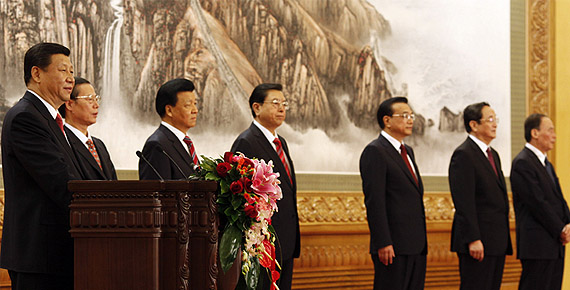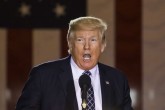Since the G20 was officially elevated to the highest platform of global economic governance in the wake of the economic crisis, substantial transformations have taken place in the global political economy. As trends in neo-protectionism, trade, currency wars, far-right politics, xenophobia and superpowers meddling in volatile regions such as the Middle East gained ground, proponents of sustainable and humane development, equitable distribution and poverty alleviation found it increasingly difficult to have their voices heard – so much so that the early optimism and enthusiasm surrounding the G20’s ability to resolve urgent international problems concerning trade liberalization, terrorism and climate change through participatory decision-making have all but evaporated. As the leaders of the world’s “systemically important” 20 economies gather in Hamburg amid intense protests, the tough task of the host, German Chancellor Angela Merkel, to find “compromises and answers” on climate change and trade liberalization given the predetermined positions of U.S. President Donald Trump on these issues looked pretty grim. The G20 Summit has attracted global attention, being Trump and Russian President Vladimir Putin’s first face-to-face meeting. However, even this nervous anticipation is contradictory to the declared spirit of participatory decision making mission of the G20.
From another perspective, it was interesting to see the leaders of Brazil, Russia, India, China and South Africa (BRICS) calling for a progressive reform agenda toward a “more open global economy”, “rules-based, transparent, non-discriminatory and inclusive multilateral trading system”, as well as “more voice and representation” for emerging markets and developing countries in global economic and financial institutions. At a time when the U.S. raised the stakes of neo-protectionism against emerging economies, Putin opposed global trade restrictions, indicating that financial sanctions on a political pretext were damaging the global economy, in an apparent reference to the Western sanctions against Russia. In another progressive move, the BRICS leaders urged the international community to work jointly to implement the Paris climate agreement while Trump maintained his unpopular position to withdraw the U.S. from the pact.
All of these developments have manifested into a flux and transition period for the international system. As the previously dominant power of the post-war regime, the guarantor of the Bretton Woods system and the liberal trading order, the U.S. is withdrawing from its policing position and refusing to undertake the costs associated with global public goods. On the other hand, politically the U.S. is playing a risky and tense game in critical conflict zones such as the Middle East in an attempt to acquire geostrategic and economic advantages in turbulent waters. Vividly seen during the most recent crisis in the Gulf, the hypocrisy and double standards of U.S. power manifested in declaring Qatar a terrorism-sponsoring state and signing agreements with the same state for the sale of billions of dollars’ worth of high-tech military equipment in just one week. The corollary of the Gulf crisis, especially for the countries in the Middle East, was the first-hand opportunity to observe that the U.S. cannot be trusted during crisis situations.
As heated debates concerning multi-polarity and the impact of rising powers in the global system continued in the wake of the G20 Summit in Hamburg and ever developing instances of instability in the Middle East, I was in Beijing this week for the Third China-Muslim World Congress organized by the Research Centre for Islamic History Art and Culture (IRCICA) and the Chinese Academy of Social Sciences. Both the congress, where I had the opportunity to interact with more than 30 highly qualified scholars and diplomats in their respective areas of expertise, as well as my personal observations of rapidly modernizing Beijing, were extremely informative. The speed of massive structural transformation, urban modernization, infrastructure investment and economic internationalization going on in China’s metropolitan centers such as Beijing and Shanghai is truly dazzling.
As the U.S. enters into a more isolationist policy under Trump and Russia does not have the economic means to carry the burden of long-term, proactive foreign policy, it is only a matter of time until Beijing takes center stage as a major player in global governance and conflict resolution in critical areas such as the Middle East. For now, China is trying to complete its internal consolidation and regional connectivity through initiatives, like the Belt and Road Project. However, patient observers will not have to wait long to witness the gradual transformation of China’s cautious attitude into one of global, diplomatic proactivity.
[Daily Sabah, July 8, 2017]
In this article
- Foreign Policy
- Opinion
- 2017
- Africa
- Angela Merkel
- Arabian peninsula
- Beijing
- BRICS
- China
- Climate Change
- Daily Sabah
- Donald Trump
- Far-Right
- G20
- German Chancellor
- gulf
- Hamburg
- India
- Islam
- Islamic
- Middle East
- Muslim
- NATO
- Paris Climate Agreement
- Qatar
- Racism
- Russia
- Sanctions
- Superpower
- Terrorism
- United States (US)
- US President
- US Sanctions
- USA
- Vladimir Putin
- Western World
- Xenophobia


